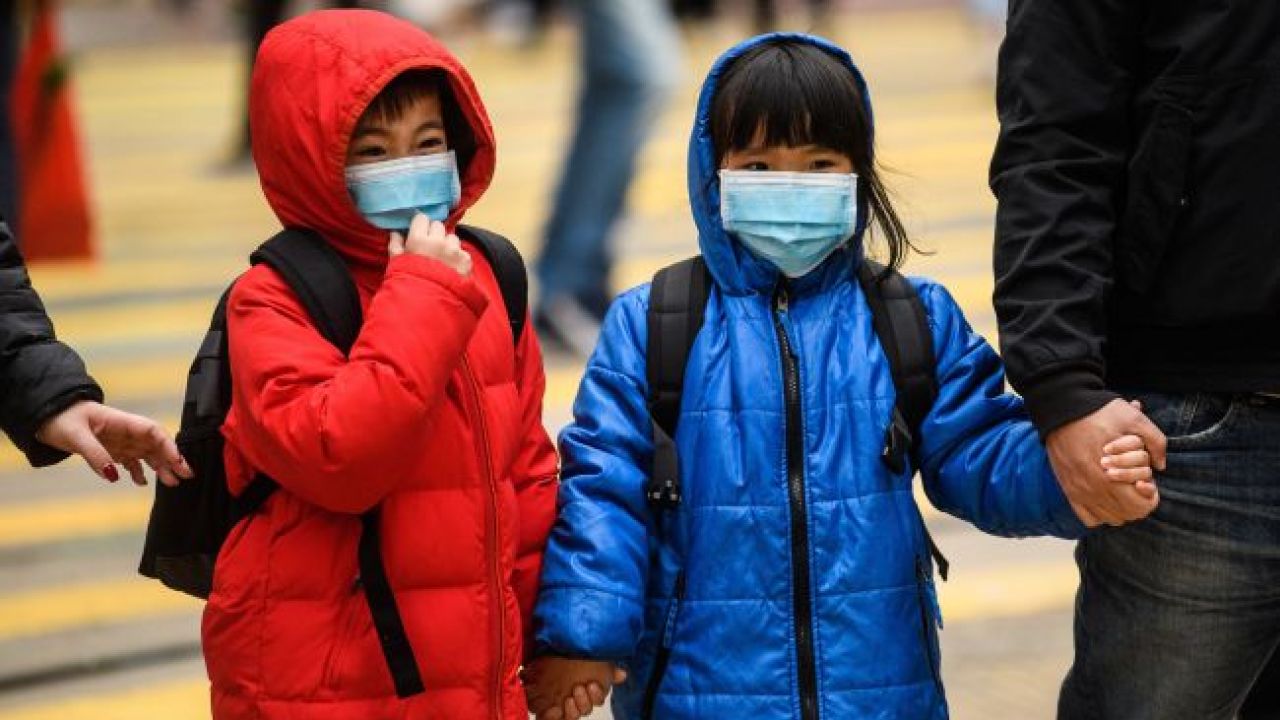The coronavirus pandemic has nearly five million confirmed cases worldwide and is spreading even further to the previously unaffected countries. Therefore, it is no surprise that the virus is all over the news.
From every other channel on television and website on the internet to newspapers, the coronavirus infection is the most discussed topic right now which has also prompted the United Nations to request countries to prioritize the pandemic over other conflicts and war as it affects each and every country equally.
Currently, the majority of the people from all age groups know about the coronavirus infection, its main symptoms, and the recommended precautionary measures.
This also includes younger age groups. Very young children are also bound to notice sudden changes in everyday life and raise questions regarding the ongoing health crisis.
However, many parents finding it challenging to explain the coronavirus pandemic to their children or tell very little in order to not scare them from resuming their normal life activities such as going to school.
While it is true that some kids may get scared of catching the infection, not telling them about it will only do more harm than good as they may believe false information about the pandemic which they picked up from conversations with other people, specifically older kids at school.
RELATED: Scientist Fired for Telling the Truth About Coronavirus
Therefore, many parents ask for guidance for informing their children about the coronavirus infection. There is no one right way of explaining the pandemic but the easiest one is to explain a simple version of information about the virus to the children.
For instance, children do not need to know about mutations occurring in the virus or the debate regarding whether the mutations made the infection deadlier.
Tell them directly about the virus, its common symptoms such as flu and coughing, and how it is easy for the virus to transmit from one person to another which is why it is spreading and a big problem in the world.
Children do not need to know about the complex details of the coronavirus pandemic. In addition, parents should also be careful in the way they tell their children about the virus as it can have an impact on how the children perceive the situation.
If a parent tells in a way it overly-scares the child, he or she may be reluctant to meet many people including friends and relatives, or even go to school to continue his regular studies.
Therefore, the right way to tell them is by reassuring them that they would not contract the coronavirus infection if they follow all guidelines such as handwashing, maintaining physical distance, and wearing masks.
Parents should also emphasize that a health crisis can be resolved even though it may take a lot of time. Do not tell the children that they may never be able to see their friends again or how the infection is the deadliest ever and it is not going away until a very long time.
Not only will it scare the child but discourage him or her to concentrate on education or do any other activity. Furthermore, it is well-known that pandemics tend to cause mental health issues.
The coronavirus pandemic is no exception and experts are expecting a massive increase in mental illnesses in adults as well as in children. Creating a hopeless and negative image in the child’s mind can increase the risk of mental disorders including anxiety and depression.
Lastly, make sure to talk to children as soon as possible. If parents discuss anything with their children, they are likely to believe it over any other details heard in school or any other place.


